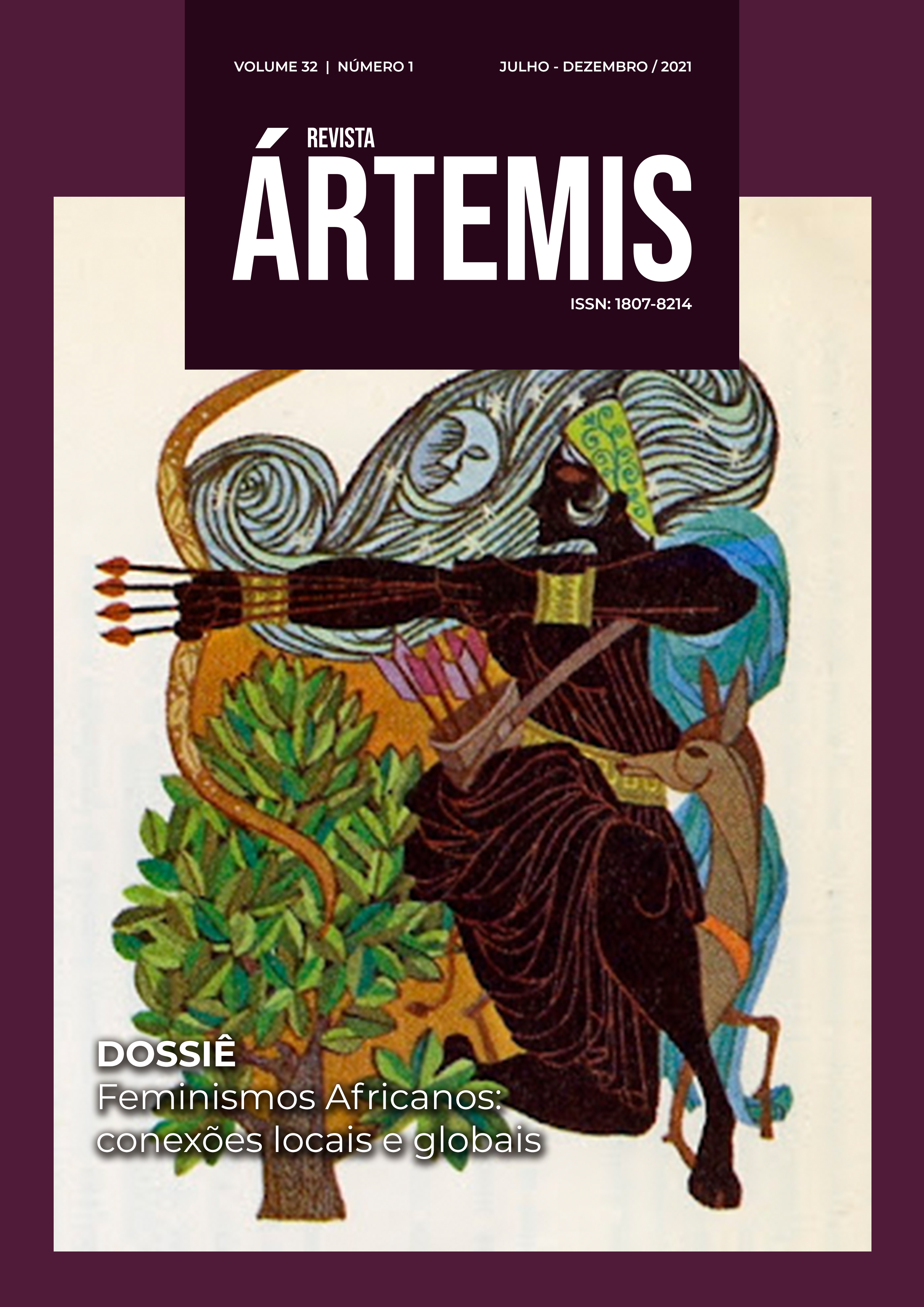African feminisms:
Keywords:
Desejo, Opressão, Interseccional, Feminismos Africanos, Mulherismo AfricanaAbstract
In Rabhia, by Lucílio Manjate, he reflects on the demeaning condition of women in Mozambique. In the specific case of the Mozambican kaleidoscope, there are many women who perform desire as a becoming, resulting from a previous situation of lack, absence, marginality and exclusion. By acting with prostitution, poverty and a gallery of crossed oppressions, as theorized by Akotirene (2019), the character who gives the title to the work, brings to light the concepts of some African feminisms, also adopting the variant African Womanism to problematize the distinctions, gaps and scope present in countless feminisms, at a local level, of an anti-colonial and intersectional nature. This research aims to study the agency of Mozambican women in Rabhia (2017), from an Afro-centered perspective of thought, capable of recognizing them as subjects of their own history, as well as self-named and self-defining, while (anti) heroines of the nation. From the perspective of Mc Fadden (2016), Salo e Mama (2011), Casimiro (2007), Ebunoluwa (2009), Salami (2017), Nah Dove (1998) and Hudson-Weems (1993), Oyěwùmí (2021), Studying African Feminisms and African Womensism respectively implies understanding gender politics outside an eminently white and Europeanized feminist tradition, to give place to the experiences of black women, within an Afrocentric paradigm, encompassing activism and exalting local culture as important analysis tool to reveal an anti-racial, anti-capitalist, anti-patriarchal, anti-sexist and, above all, anti-western-centric worldview. As the main result of this analysis, there is the emergence of new contemporary imperatives for African feminisms, which have relevance in the global scenario, demonstrating the need for the urgent struggle for social and civil rights of intersectional women: poor, black, blind and whores in Mozambique.







